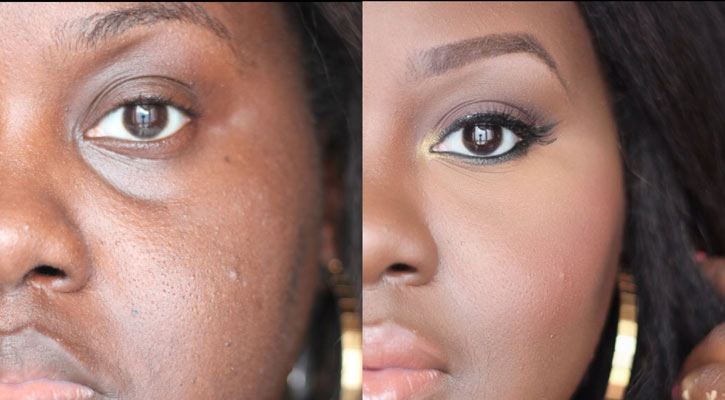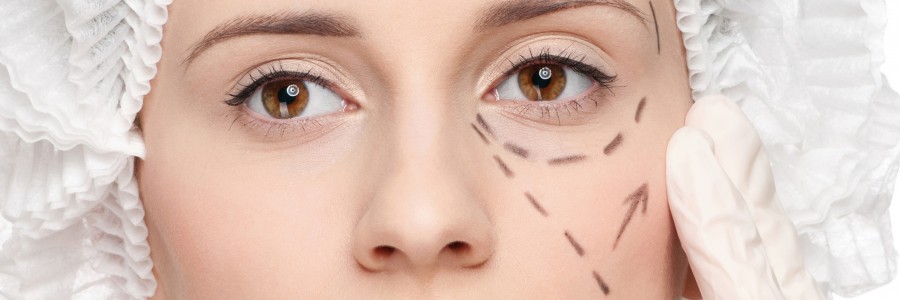Eyelidsurgery
Eyelidsurgery
Eyelidsurgery, technically known as blepharoplasty,
is a procedure to remove fat and excess skin
and muscle from the upper and lower eyelids.
Blepharoplasty can correct the fall of the upper eyelids
and lower bags, characteristics that make us look older
and more tired than we are and that,
in some cases, can interfere with vision.
However, blepharoplasty does not eliminate “crow’s feet”
or other wrinkles or drooping of the eyebrows.
It can be done in isolation or together
with other cosmetic surgeries of the face,
such as the cervicofacial lifting or the frontal lifting.
If you are considering the possibility of undergoing a blepharoplasty,
you will obtain basic information about the surgery,
when it is indicated, how it is performed and what results can be expected.
However, it is impossible for all of your questions to be answered,
since they largely depend on personal factors
and the preferences of the plastic surgeon.
If you do not understand something, ask your plastic surgeon.
The Best Candidates for Eyelid Surgery
Blepharoplasty can improve your appearance
and the confidence you have in yourself,
it will not necessarily change your appearance so that it is in an ideal way,
nor can you make other people treat you differently.
Before deciding to have surgery,
think carefully about your expectations and discuss them with your surgeon.
The best candidates for eyelidsurgery are men
and women who are physically healthy,
psychologically stable and realistic in their expectations.
Most candidates are 35 years old or older,
however, if drooping eyelids are typical of your family traits,
you may decide to undergo eyelidsurgery at a younger age.
There are certain medical conditions that can make blepharoplasty more risky,
these include thyroid problems such as hyperthyroidism and Graves disease,
problems of lack of moisture in the eye or lack of enough tearing,
high blood pressure or other disorders of circulation,
cardiovascular diseases and diabetes.
A detached retina or glucome is also a reason why caution is necessary; check with your ophthalmologist before having surgery.


